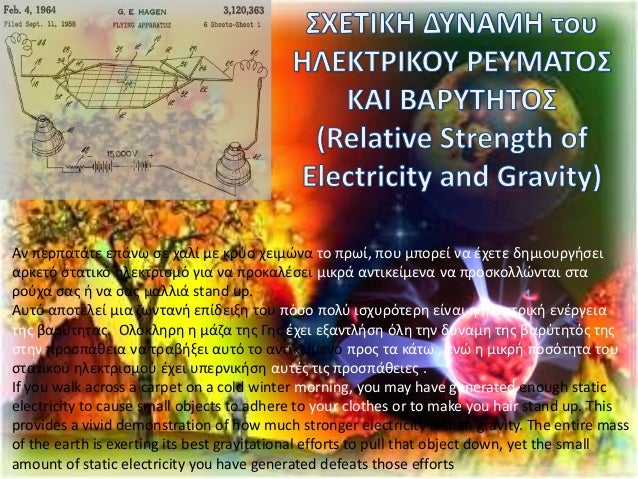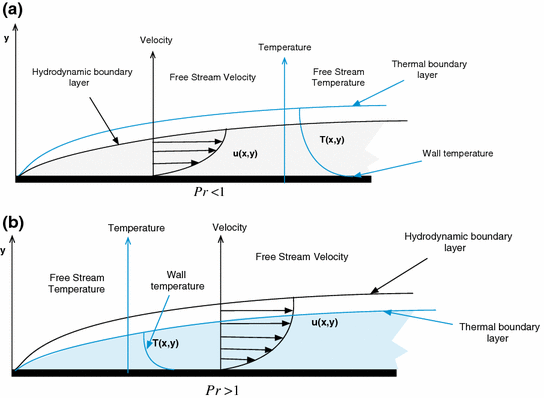

However, the possibility of using real numbers was never formally ruled out, and recent theoretical results suggested that a real-valued quantum theory could describe an unexpectedly broad range of quantum systems. But early on, the pioneers of quantum mechanics abandoned the attempt to develop a quantum theory based on real numbers because they thought it impractical. But are complex numbers essential in quantum physics-where the mathematics (the Schrödinger equation, the Hilbert space, etc.) is intrinsically complex-valued? This simple question has accompanied the development of quantum mechanics since its origins, when Schrödinger, Lorentz, and Planck debated it in their correspondence.

Thus, complex analysis is just a powerful computational tool. However, in these physical theories, complex numbers aren’t strictly needed, as all meaningful observables can be expressed in terms of real numbers. In electromagnetism, for instance, they tremendously simplify the description of wave-like phenomena. ×Ĭomplex numbers are widely exploited in classical and relativistic physics. In both experiments, the obtained score isn’t compatible with a real-valued, traditional formulation of quantum mechanics. The game involves two sources distributing entangled qubits to three observers, who calculate a “score” from measurements performed on the qubits.

APS/ Carin Cain Figure 1: Conceptual sketch of the three-party game used by Chen and colleagues and Li and colleagues to demonstrate that a real quantum theory cannot describe certain measurements on small quantum networks.


 0 kommentar(er)
0 kommentar(er)
